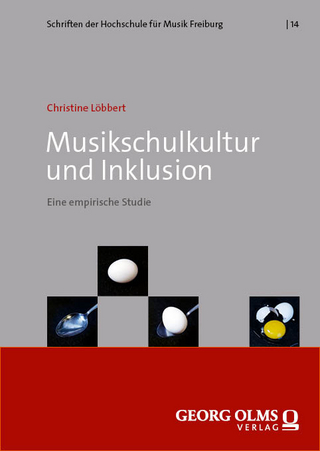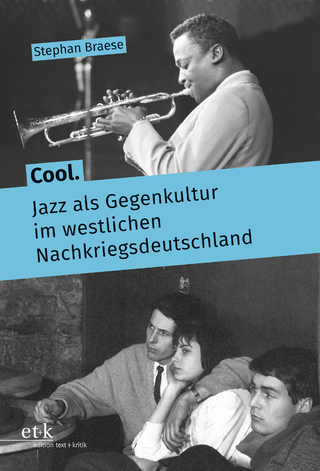
How to Practice?
New Europe Books (Verlag)
979-8-9857564-4-9 (ISBN)
- Titel nicht im Sortiment
- Artikel merken
From setting and achieving goals to focusing on what you do best, from the relationship between mental acuity and physical strength to performing in public, Sándor Kovács’s How to Practice? is invaluable to anyone who has struggled when practicing a musical instrument, and it also holds its own as a simple guide to life, to living consciously and deliberately.
Sándor Kovács (1886 – 1918) was one of Hungary’s most beloved young professors and practitioners of music of his era—a piano teacher, as well as a music historian and theorist—who published five books during his lifetime, including How to Introduce Children to Music, with a volume of his writings on music published a decade after his death. Born Sándor Kohn, to Jewish parents who took on the Hungarian family name Kovács when he was four years old, he graduated from the Franz Liszt Academy of Music, where he became the first person in Hungary to write a dissertation on music history. In Berlin, he studied under the noted German musicologist Johannes Wolf. From 1910 until his death, he was a teacher at the Fodor Music School, a distinguished private institution. He participated in the founding of the New Hungarian Music Association (UMZE) and helped popularizing modern Hungarian music, especially that Bartók and Kodály, both domestically and abroad. He also achieved considerable success as a pianist. As a music educator, he broke new ground in Hungary by incorporating findings from the then-new field of psychology. In 1918, at the age of thirty-two, he committed suicide by poisoning himself. He was laid to rest in the Kozma Street Jewish cemetery.
Preface
Chapter 1: Setting the goal; wanting the goal; checking if you’ve attained the goal
Chapter 2: Focusing on aptitudes
Chapter 3: The enduring nature of first impressions. Being aware that nothing can be studied indefinitely. Not squandering each new practice session.
Chapter 4: Separating the mental and physical aspects of learning music
Chapter 5: The intellectual conditions of intellectual learning
Chapter 6: Transforming one’s predominant type of imagination. The higher goal of learning music: to become a unique person.
Chapter 8: Physical conditions of intellectual learning
Chapter 9: Emphasizing intellectual learning over physical learning. Rendering the former a conscious effort and the latter an automatic one.
Chapter 10: Stages of development in playing of the piece of music
Chapter 11: Thoughts on performing in public
| Erscheint lt. Verlag | 5.3.2025 |
|---|---|
| Übersetzer | Paul Olchvry |
| Zusatzinfo | Illustrations |
| Verlagsort | Clinton |
| Sprache | englisch |
| Maße | 107 x 196 mm |
| Themenwelt | Literatur ► Krimi / Thriller / Horror |
| Literatur ► Romane / Erzählungen | |
| Kunst / Musik / Theater ► Musik ► Musiktheorie / Musiklehre | |
| ISBN-13 | 979-8-9857564-4-9 / 9798985756449 |
| Zustand | Neuware |
| Haben Sie eine Frage zum Produkt? |
aus dem Bereich


